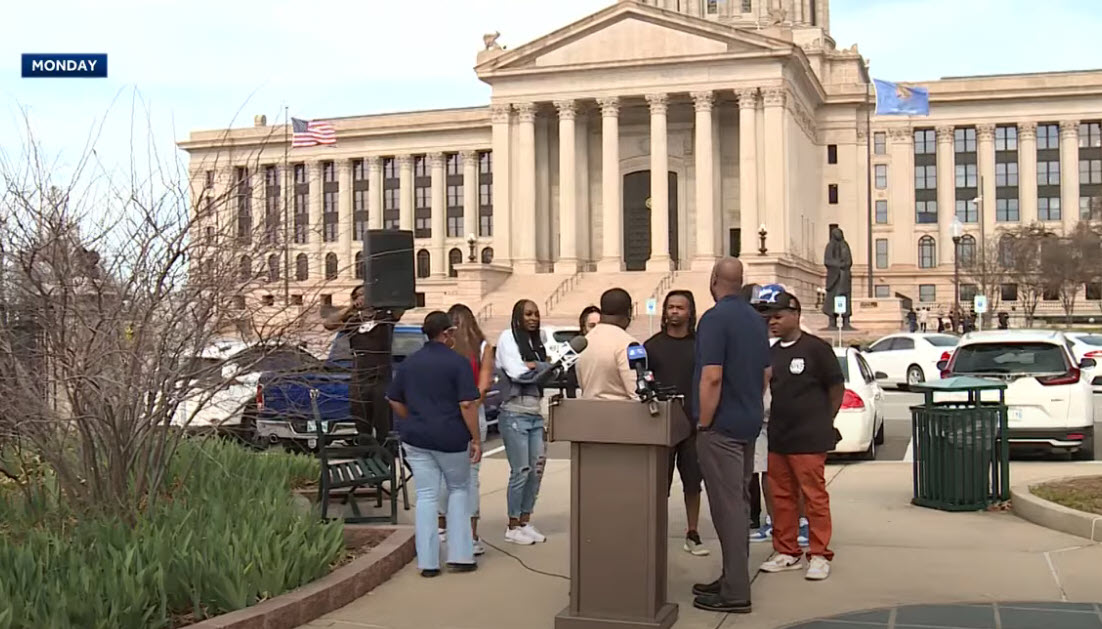In a somber decision, the State Pardon and Parole Board in Oklahoma City has voted to deny clemency for death row inmate Michael Smith. Convicted of two separate murders on the same day in 2002, Smith’s plea for leniency was met with a unanimous rejection from the board. As the scheduled execution date looms, Smith maintains his innocence, attributing his confession to inconsistency and hallucinations.
Michael Smith, facing a scheduled execution on April 4th, was convicted of two murders that occurred in Oklahoma City in 2002. The crimes, committed on the same day, have been a subject of legal scrutiny and debate. Smith’s defense argues that his confession was coerced, emphasizing inconsistencies and pointing to his young age and struggles with substance abuse at the time of the crimes.
During the clemency hearing, Smith addressed the State Pardon and Parole Board through a video hookup. Tearfully, he asserted his innocence, expressing confusion about the reasons for his arrest. He described himself as a young individual grappling with drug addiction and lamented the company he kept, suggesting that he was influenced by the wrong people. Despite the emotional plea, the board decided not to grant clemency.
Smith’s defense contends that his confession was made under duress and alleges that he was hallucinating at the time, casting doubt on the reliability of his statements. The legal team argues that the inconsistencies in Smith’s confession, coupled with the lack of concrete evidence linking him to the murders, should be grounds for reconsideration.
The denial of clemency for Michael Smith has elicited varied reactions from the public, sparking renewed debates about the death penalty and the fairness of the legal process. Advocacy groups and Smith’s legal team are expected to pursue further legal challenges in a last-ditch effort to prevent the scheduled execution.
As Michael Smith faces the imminent prospect of execution on April 4th, the denial of clemency adds another layer of complexity to a case marked by allegations of coercion, hallucinations, and inconsistencies. The legal battle surrounding Smith’s conviction is far from over, with advocates continuing to scrutinize the fairness of the process. The case serves as a stark reminder of the ethical dilemmas and societal debates surrounding the death penalty.



